Lagos, Nigeria, has a rich history of urban development that spans centuries. The city’s growth and transformation have been shaped by a variety of historical, economic, and social factors. Here is an overview of the history of urban development in Lagos:
- Early History: Lagos has a long history that predates colonial times. It was originally inhabited by the Awori people before becoming a part of the Benin Empire. In the 15th century, the city became a major center for trade, especially in slaves, with European traders.
- Portuguese Influence: The Portuguese were among the first Europeans to establish a presence in Lagos in the 15th century. They played a significant role in the development of the city as a major port and trade center.
- British Colonial Era: In the 19th century, Lagos became a British colony. The city’s strategic location along the coast made it a crucial hub for trade and commerce. The British colonial administration contributed to the city’s infrastructure development, including the construction of roads, railways, and administrative buildings.
- Capital City: Lagos served as the capital of Nigeria during the colonial period until 1991 when the capital was moved to Abuja. This period saw increased urbanization and development as government offices, educational institutions, and other facilities were established in the city.
- Population Growth and Urbanization: After gaining independence in 1960, Lagos experienced rapid population growth and urbanization. The city attracted people from various parts of Nigeria and beyond, seeking economic opportunities. This influx led to the expansion of the city and the development of informal settlements.
- Infrastructure Challenges: The rapid population growth also brought about challenges in infrastructure development. Issues such as traffic congestion, inadequate housing, and insufficient public services became prominent, requiring ongoing efforts to address these issues.
- Economic Hub: Lagos is a major economic hub in Nigeria and West Africa. The city’s economy is diverse, with thriving sectors such as finance, commerce, technology, and entertainment. The development of commercial districts, such as Victoria Island and Ikoyi, reflects the city’s economic importance.
- Modernization and Skyscrapers: In recent decades, Lagos has seen significant modernization with the construction of high-rise buildings and infrastructure projects. The skyline of Lagos has transformed, symbolizing the city’s emergence as a major African metropolis.
- Challenges of Urbanization: Despite its economic success, Lagos faces challenges associated with rapid urbanization, including traffic congestion, inadequate waste management, and housing issues. Efforts are ongoing to address these challenges and make Lagos a more livable city.
Lagos, with its complex history and dynamic present, continues to be a key player in the urban development and economic landscape of Nigeria and Africa. The city’s trajectory reflects the broader challenges and opportunities associated with urbanization in rapidly growing regions.

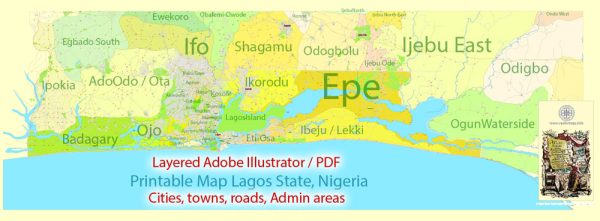
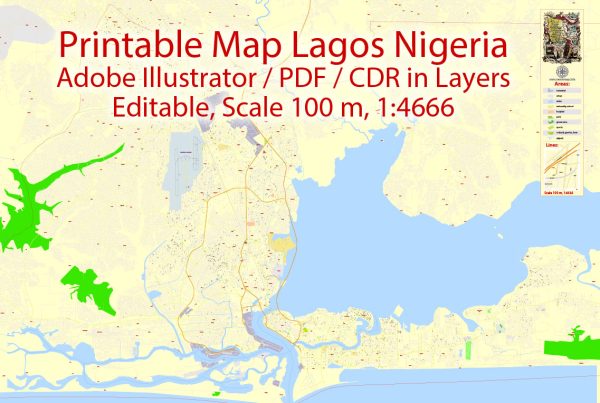
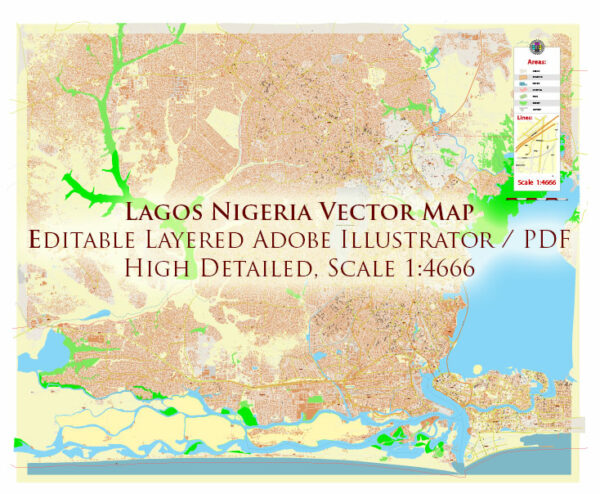
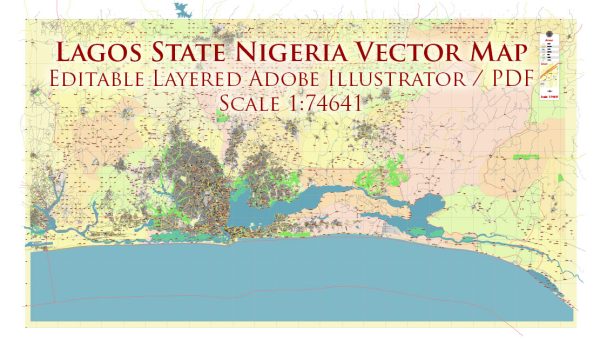
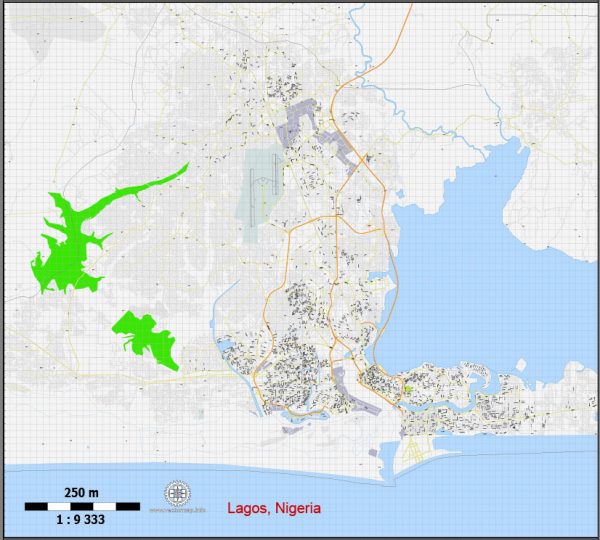
 Author: Kirill Shrayber, Ph.D. FRGS
Author: Kirill Shrayber, Ph.D. FRGS